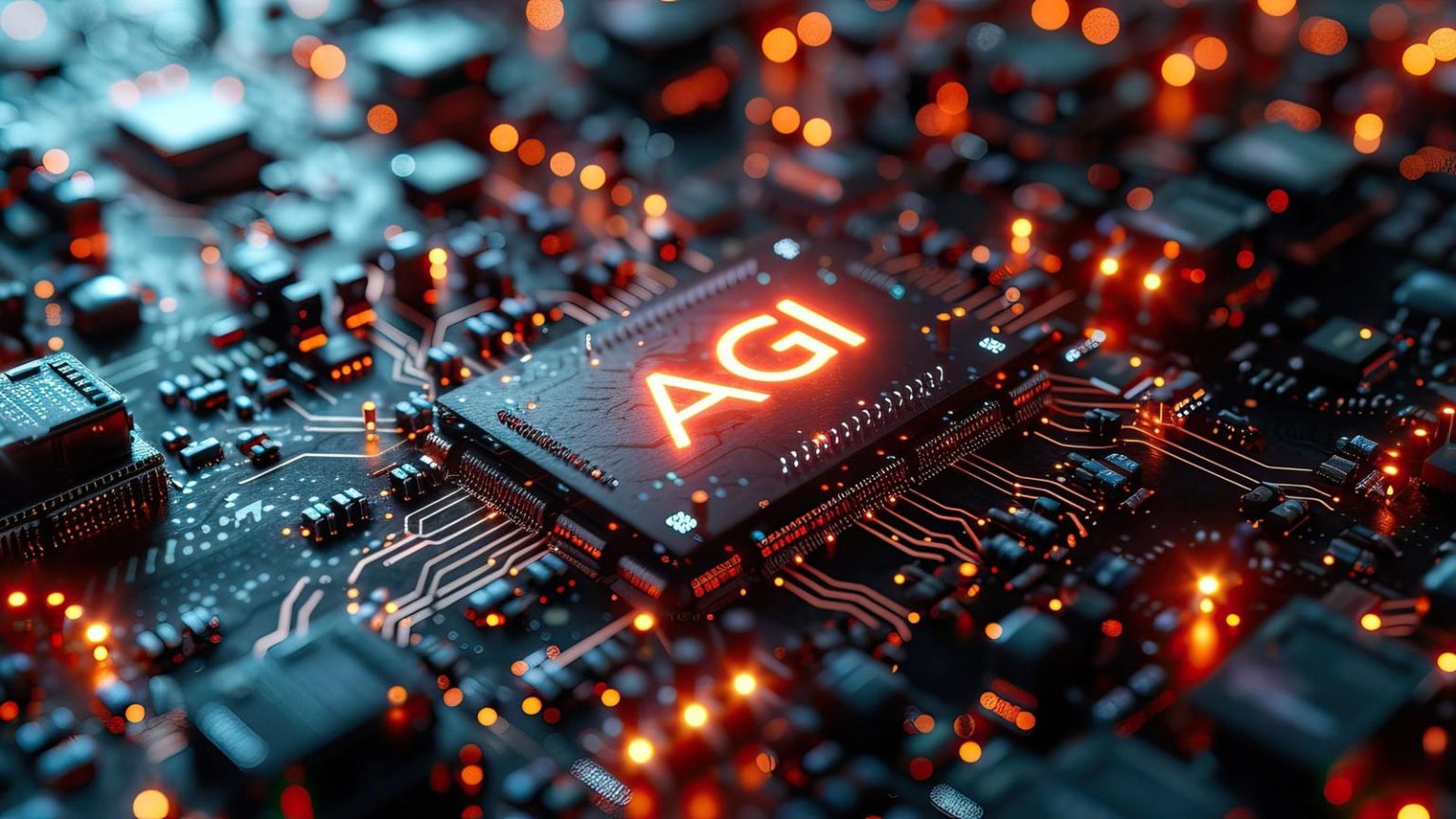In the realm of artificial intelligence, two concepts stand out for their potential to revolutionize our interactions with machines: Generative AI and Artificial General Intelligence (AGI). While Generative AI acts as a skilled parrot, mimicking patterns and producing content based on data, AGI aims to replicate human cognitive abilities comprehensively, enabling machines to understand, innovate, and adapt. AGI represents a theoretical leap in technology, but its existence remains a subject of speculation within the scientific community, with some experts believing it could be achieved soon, while others see insurmountable challenges ahead.
The development of AGI faces numerous technical challenges that go beyond those faced in creating generative AI. These challenges include understanding context and generalization, perceiving the physical world, and learning adaptively from limited information. AGI would need to process information across different domains, interpret sensory data, and apply learning across various situations. While humans naturally do this, replicating it in machines is incredibly difficult, requiring sophisticated cognitive models and transfer learning capabilities.
Key distinctions between Generative AI and AGI lie in their capability, understanding, and application. Generative AI excels at replication based on learned patterns and datasets, while AGI aims to be an innovative problem-solver across various fields. Generative AI operates without real understanding of its output, relying on statistical models, while AGI would need a genuine understanding of the world around it, making connections and insights currently beyond any AI system.
The ethical and societal implications of Generative AI and AGI are significant. Generative AI raises questions about authenticity and intellectual property, while AGI prompts inquiries into consciousness, the rights of sentient machines, and potential impacts on employment and society. Both forms of AI require careful regulation and foresight, with AGI potentially transforming society by autonomously performing intellectual tasks. As we move towards AGI from Generative AI, understanding these distinctions will be crucial for responsibly harnessing their potential and adapting to the changing technological landscape.


